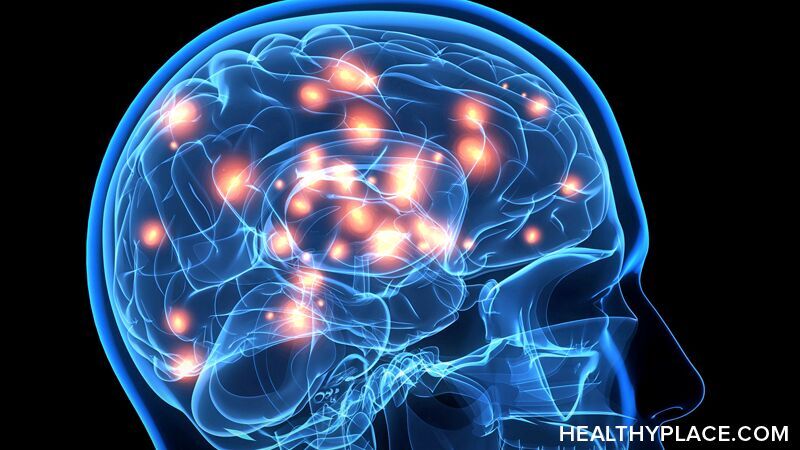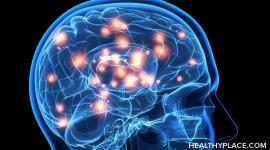Causes of Bipolar Disorder
What Causes Bipolar Disorder?
There may be no single cause of bipolar disorder. Instead, scientific research indicates the causes of bipolar disorder are probably a combination of biochemical, genetic and environmental factors that may trigger and perpetuate the chemical imbalances in the brain.
Biochemical Changes May Cause Bipolar Disorder
In trying to uncover the causes of bipolar disorder, scientists have used brain imaging scans and other tests. From these tests, researchers have discovered that some people with bipolar disorder share the following traits:
- biochemical imbalances of hormones and certain neurotransmitters in the brain; especially dopamine, serotonin, norepinephrine, and acetylcholine.1
- an over-secretion of cortisol, a stress hormone.
- a super-fast biological clock that may disrupt the sleep-wake cycle. Sleep abnormalities have been linked to triggering symptoms of bipolar depression and bipolar mania.
Genetics: A Primary Cause of Bipolar Disorder
In searching for the answer to what causes bipolar disorder, scientists report genetics may be one of the key culprits, as bipolar disorder seems to run in families. Here are some important statistics on bipolar genetics:
- First-degree relatives of people with bipolar disorder type 1 are seven times more likely to develop bipolar 1 over the regular population.
- Children of a parent with bipolar disorder have a 50% chance of having a major psychiatric illness. Children remain at an increased risk even if they are raised in the home of parents without the illness.
- Identical twin studies show if one twin has bipolar 1, the other twin has between a 33% - 90% chance of also having bipolar type 1.
Multiple genes, involving several chromosomes, have been linked to the development of bipolar disorder.
Causes of Bipolar Disorder and Schizoaffective Disorder
What causes bipolar disorder may also be involved in schizoaffective disorder. Researchers have been investigating whether common biologic factors are involved in the cause of bipolar disorder and schizophrenia, schizoaffective and manic syndromes, as schizophrenia and bipolar disorder are similar in many respects. These disorders share the following charactertistics:2
- Age of onset
- Lifetime risk
- Course of illness
- Worldwide distribution
- Risk for suicide
- Genetic susceptibility
Scientists are also identifying a number of common genetic and biologic pathways shared by both schizoaffective and bipolar disorders. Commonalities between disorders include:
- Genetic abnormalities have been found in the genes for specific brain cells (oligodendrocyte-myelin-related) (also present with major depression)
- Abnormalities in the white matter in parts of the brain (also present with major depression)
- Genetic abnormalities for both diseases appear on many of the same chromosomes.
- Pathways of the neurotransmitter dopamine appear to be important in both illnesses.
Causes of Bipolar Disorder and Epilepsy
For many years, medications used to treat epilepsy have also been used to treat bipolar disorder, leading to research into the shared causes of bipolar and epilepsy. One explanation is that those who are susceptible to bipolar disorder overreact to normal "neurological assaults" like those from drug abuse or stress. Over time, this acts like the same kind of brain damage seen in those with certain types of epilepsy.
Bipolar Linked to Substance Abuse
Those with bipolar disorder also have a higher rate of substance abuse than in the average population. In 2003, the CLOCK gene, which works to regulate the circadian rhythm, was also shown to be linked to the cause of bipolar and substance abuse in animal studies.3
See Also:
What Causes Bipolar Depression
APA Reference
Tracy, N.
(2021, December 28). Causes of Bipolar Disorder, HealthyPlace. Retrieved
on 2025, January 15 from https://www.healthyplace.com/bipolar-disorder/bipolar-information/causes-of-bipolar-disorder-what-causes-bipolar-disorder




